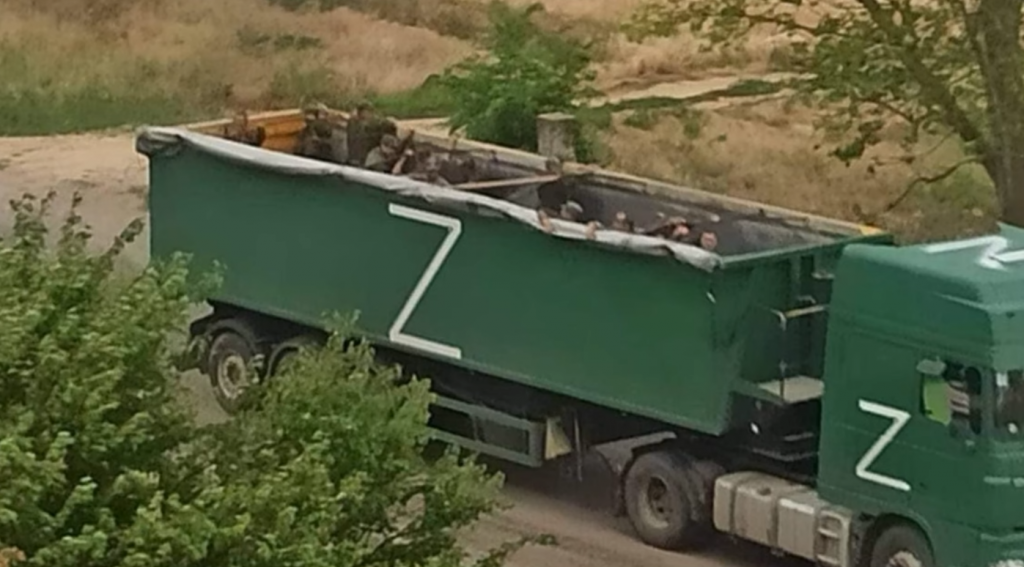Russia’s “Partial Mobilization” Decree Is Vaguely Worded
The presidential decree from Vladimir Putin ordering a “partial mobilization” of Russian military reservists is deliberately vaguely worded, say experts that have reviewed it.
J. Paul Goode, Associate Professor and McMillan Chair of Russian Studies at Carleton University’s Institute of European, Russian and Eurasian Studies told Overt Defense that Putin’s partial mobilization may not necessarily be less politically risky than a full mobilization, noting that the Kremlin appears to be hoping to keep information about the specifics of mobilization contained despite demands from nationalists for a full mobilization over the past few weeks. “I tend to think that Putin is trying to have it both ways: keeping the mass public demobilized while addressing the growing pressure from within the regime”, said Goode.
In particular, while Shoigu has claimed that the partial mobilization will only call up 300,000 reservists with military experience, the text of the published decree does not stipulate limitations on which reservists can be called up, or how many of them can be. Instead, these decisions are being delegated to the Russian defense ministry, which will be setting mobilization quotas for each region, with regional governors responsible for reaching them According to Pavel Chikov, a human rights lawyer who spoke to The Insider, the vague wording allows for a theoretically unlimited amount of reservists to be conscripted should the Kremlin deem it necessary.
On reports of an increased number of Russians searching for means of departing Russia on the internet, Goode said that those attempting to leave following the announcement of the original plans for a Tuesday evening address were from the same demographic as those who had left Russia shortly after the start of the invasion in February. Goode described them as being concerned about the war’s potential effects on their livelihoods without necessarily being against the war, noting that waiving the tourist visa bans being pushed for by several central and eastern European governments was unlikely to meaningfully change outflows of people from Russia to the point where it would affect conscription efforts.
While protests have broken out in several Russian cities following Putin’s decree, Goode stated that it was hard to be optimistic about their outcome, given the greater challenges to collective action following a brief wave of anti-war protests in February. With those most committed to anti-war positions having since left Russia or been imprisoned, the protests were more likely to be against conscription rather than the war as a whole. However, Goode added that any public pressure on the regime could have unpredictable consequences.

